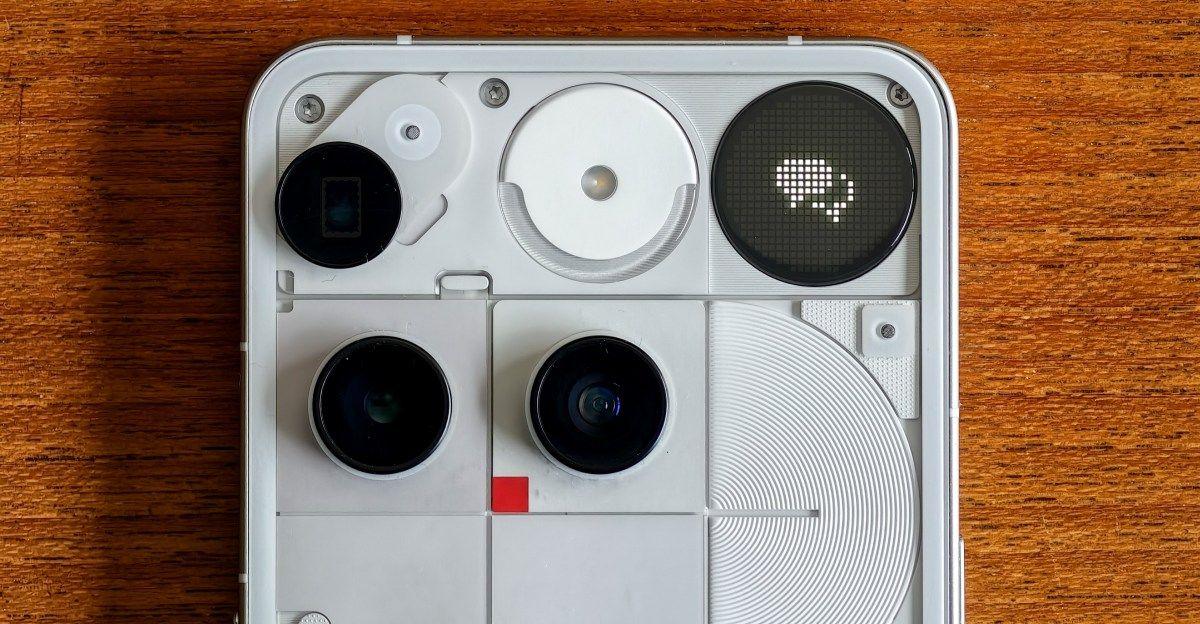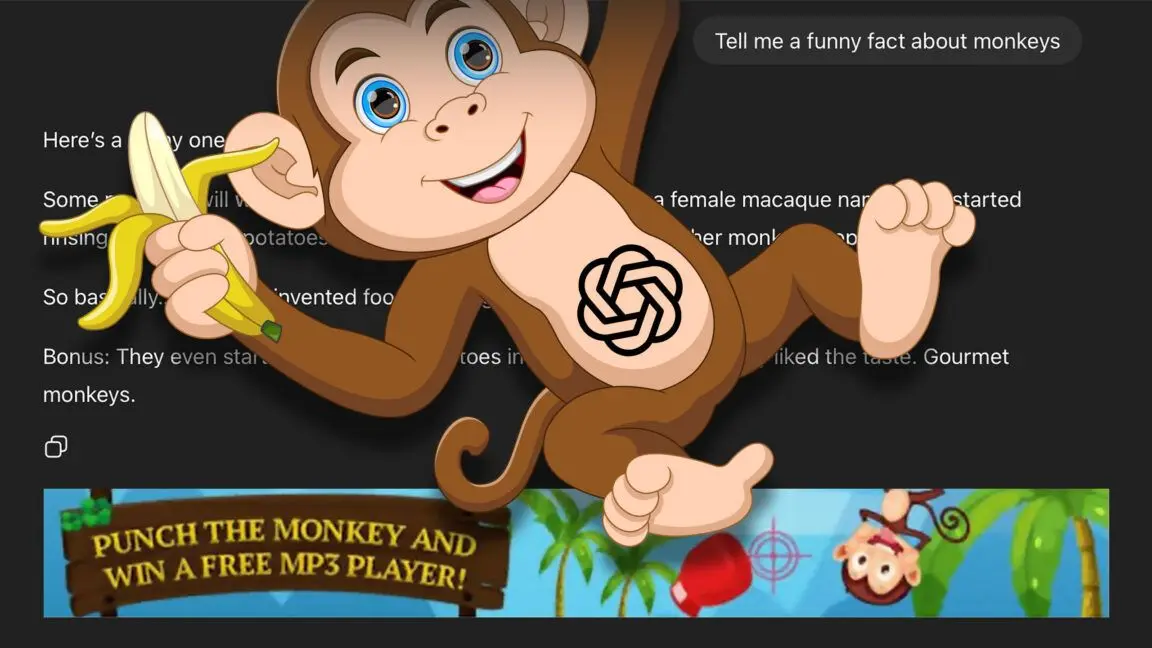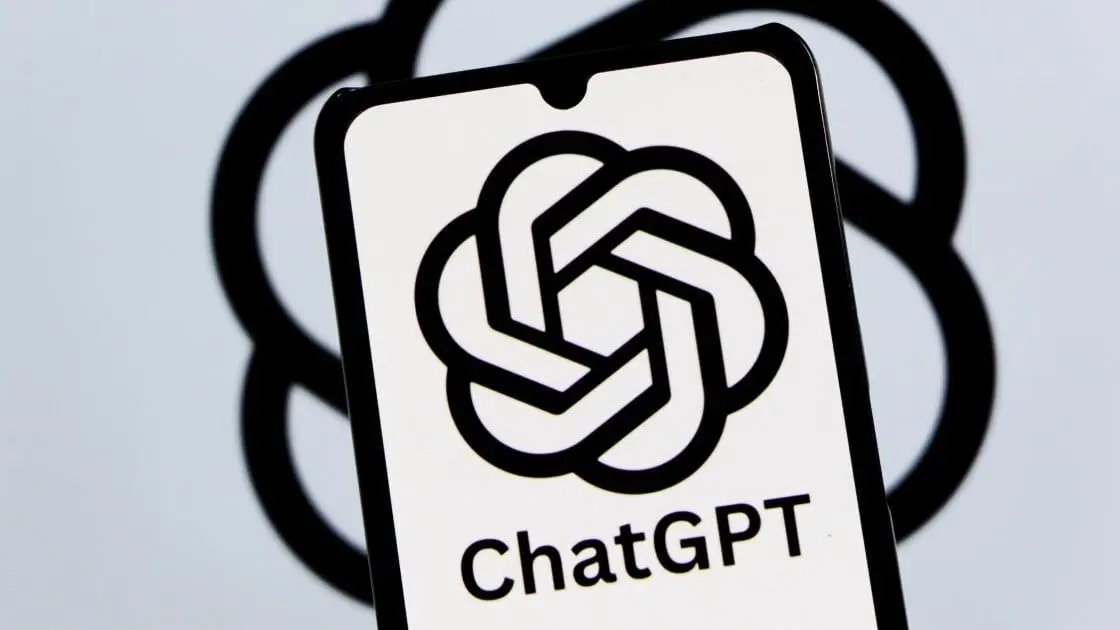Nothing Secures $200M Funding, Pivots to AI-First Strategy
2 Sources
2 Sources
[1]
Nothing closes $200M Series C led by Tiger Global, plans AI-first device launch
Smartphone startup Nothing announced today that it closed its Series C round of $200 million, which was led by the investment firm Tiger Global. With this round, the consumer electronics company is now valued at $1.3 billion. Other investors in the round included existing backers such as venture outfits GV, Highland Europe, EQT, Latitude, I2BF, and Tapestry. The company, founded by Carl Pei -- who previously co-founded Chinese smartphone maker OnePlus, known for high-performance devices at competitive prices -- also received new strategic backing from Nikhil Kamath and Qualcomm Ventures. The new funding takes Nothing's total funding to over $450 million. "Carl and the team at Nothing are reimagining hardware and software with an AI overlay to position their products for the next era of personal technology. We're excited to partner with this exceptional team as they pioneer AI-native experiences," said Matt Watcher, a partner at Tiger Global, in a statement to TechCrunch. The company has bet on design differentiation so far, and it has served the startup well. Nothing says it clocked in over $1 billion in total sales earlier this year. An early investor in the startup told TechCrunch that they are happy with the company's growth trajectory and road to profitability. The startup said that up to this point, it has spent time building a supply chain and infrastructure to launch a product within months and ship it worldwide. Notably, its recently launched Phone (3) -- which showcases the company's signature transparent design aesthetic and unique user interface -- was only its second handset to receive general distribution in the U.S. Pei has said that he wants to target his brand towards the next generation of users who might seek alternatives beyond incumbents. "The way we've differentiated our brand and differentiated our products is really resonating with our group of consumers. We're targeting the next generation. They're interested in tech. They're interested in creativity and design, and we really found resonance among that consumer group," he told TechCrunch during the Phone (3)'s launch in July. Highland Europe partner Tony Zappalà, who is an existing investor in the company, said that the company has delivered on its promises and has room to grow in this huge industry. He said that Nothing is now a recognized name in the industry, which has its own advantages in terms of attracting talent and building supply chain relationships. AI vision The company wants to build an operating system with AI and personalization features that might extend beyond smartphones. Currently, we have only seen a few glimpses of AI in the operating system with features like Essential Search, a smart search function that helps users find information across their device. The startup has hired Sélim Benayat, a former executive from Linktree and founder of Bento (a platform that creates personalized landing pages for social media profiles), to lead its AI services efforts. Zappalà said that the challenge in building such an operating system is both a customer experience and a trust issue. "I think the challenge of building an effective AI-first experience is not unique to Nothing. This is more than a technical challenge; AI features need to reach a stage where users are not double-checking the output," he said. Companies like Apple have struggled to integrate AI features effectively into their operating systems. For Nothing, the difficulty is finding the right balance between newness and helpfulness while executing AI features. Pei believes that smartphones remain the best way to deliver AI, and they will be "the dominant form factor for all consumer AI applications" for at least three to five years, he said during the conversation with TechCrunch in July. With this fundraising announcement, the company said it plans to launch an AI-first device next year. However, there haven't been many success stories in the AI hardware space. AI hardware startup Humane was sold to HP after struggling with its AI Pin device, and AI assistant company Rabbit has has been working to improve its R1 device, releasing a new software update recently after the company wasn't satisfied with the first iteration.
[2]
Nothing secures $200 million in funding to expand AI-native platform
Nothing has secured $200 million in a Series C funding round, bringing its valuation to $1.3 billion. This investment is intended to support the company's new strategic direction: developing an AI-native platform that integrates hardware and software into a single system. Nothing's statement outlines a strategic path from its origins as a smartphone company to a broader technology platform. The company reports shipping millions of devices and achieving over $1 billion in total sales, with a 150% growth rate in 2024. This success, according to Nothing, has built the necessary infrastructure -- including design, manufacturing, and supply chain networks -- to support its next phase. The company states it is now uniquely positioned to launch new consumer hardware products rapidly and globally, unhindered by the bureaucratic constraints of larger, more established companies. The company believes that while AI has advanced significantly, the smartphone experience has not kept pace. Nothing argues that for AI to reach its full potential, consumer hardware must reinvent itself. The company envisions a future where operating systems are not one-size-fits-all, but are instead hyper-personalized to each user, with interfaces and suggestions adapting to individual needs and contexts. This "billions of different operating systems for a billion different people" concept will begin with smartphones, audio products, and smartwatches, with long-term plans to extend to devices like smart glasses and humanoid robots. The company emphasizes that its ownership of the "last-mile distribution point" is key to developing an AI OS that understands and serves its users effectively. Nothing predicts that while the smartphone will remain a primary device, a new class of AI-native devices will emerge. These devices will be designed to be available at the moment of need and will capture context across various modalities. Nothing plans to launch its first of these devices next year, which are imagined as products that turn understanding into action. The Series C funding round was led by Tiger Global. It also saw significant support from existing shareholders, including GV, Highland Europe, EQT, Latitude, I2BF, and Tapestry. New strategic backers include Nikhil Kamath and Qualcomm Ventures. In addition to this institutional funding, Nothing has announced plans for a new "Community Round," which will provide its supporters with another opportunity to invest in the company's future.
Share
Share
Copy Link
Smartphone startup Nothing raises $200 million in Series C funding, reaching a $1.3 billion valuation. The company announces plans to develop an AI-native platform and launch new AI-first devices, signaling a significant shift in its strategic direction.

Nothing Secures $200M in Series C Funding, Unveils AI-First Strategy
Nothing, the innovative smartphone startup founded by Carl Pei, has successfully closed a $200 million Series C funding round, propelling its valuation to $1.3 billion. The investment, led by Tiger Global, marks a significant milestone for the company as it shifts its focus towards developing an AI-native platform
1
.Impressive Growth and Strategic Backers
Since its inception, Nothing has demonstrated remarkable growth, shipping millions of devices and achieving over $1 billion in total sales. The company reported a 150% growth rate in 2024, showcasing its strong market position
2
. The funding round attracted support from existing investors such as GV, Highland Europe, EQT, and new strategic backers including Nikhil Kamath and Qualcomm Ventures1
.AI-Native Vision and Future Plans
Nothing's strategic direction is now firmly focused on developing an AI-native platform that seamlessly integrates hardware and software. The company believes that current smartphone experiences have not kept pace with AI advancements, presenting an opportunity for innovation
2
. Carl Pei, Nothing's founder, envisions smartphones remaining the dominant form factor for consumer AI applications for the next three to five years1
.Personalized Operating Systems and New Device Categories
Nothing aims to create hyper-personalized operating systems tailored to individual users, adapting interfaces and suggestions based on personal needs and contexts. This ambitious "billions of different operating systems for a billion different people" concept will initially focus on smartphones, audio products, and smartwatches, with plans to expand into smart glasses and humanoid robots in the future
2
.AI-First Device Launch and Challenges Ahead
The company has announced plans to launch its first AI-first device next year, designed to be available at the moment of need and capture context across various modalities
2
. However, integrating AI features effectively into operating systems presents both technical and user experience challenges. As Highland Europe partner Tony Zappalà notes, "AI features need to reach a stage where users are not double-checking the output"1
.Related Stories
Building on Design Differentiation and Market Success
Nothing has built its reputation on design differentiation, with its signature transparent aesthetic and unique user interface resonating strongly with consumers. The company's recently launched Phone (3) showcases this approach and has received general distribution in the U.S. market
1
. Matt Watcher, a partner at Tiger Global, expressed excitement about partnering with Nothing as they "pioneer AI-native experiences"1
.Community Engagement and Future Funding
In addition to the institutional funding, Nothing has announced plans for a new "Community Round," offering its supporters another opportunity to invest in the company's future
2
. This move aligns with Nothing's strategy of targeting the next generation of tech-savvy consumers interested in creativity and design1
.References
Summarized by
Navi
Related Stories
Recent Highlights
1
Anthropic releases Claude Opus 4.6 as AI model advances rattle software stocks and cybersecurity
Technology

2
University of Michigan's Prima AI model reads brain MRI scans in seconds with 97.5% accuracy
Science and Research

3
UNICEF Demands Global Crackdown on AI-Generated Child Abuse as 1.2 Million Kids Victimized
Policy and Regulation








